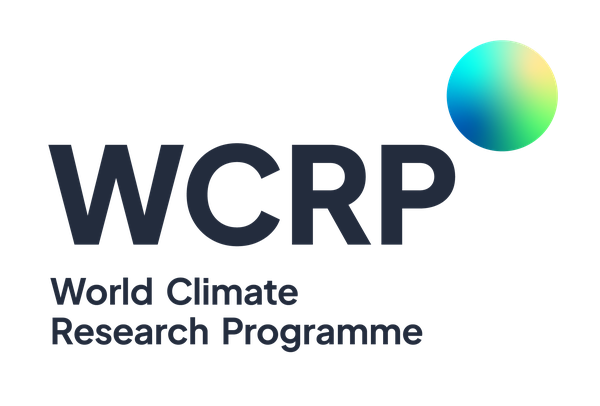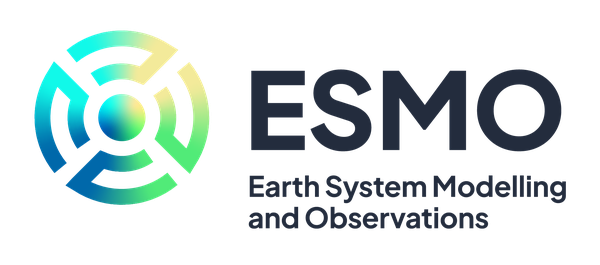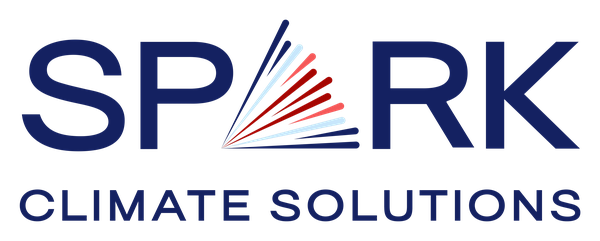| Aims and Objectives | Science Topics | Organizing Committee | Programme Committees | Important Dates |
|
|
WhenThe conference will take place on 7-11 September 2026 |
|
WhereParticipants will meet in Reading, UK |
Abstract submission now open! Submit here
Deadline extended to 28 February 2026!
Aims and Objectives
The science and practice of subseasonal to decadal prediction are at a crossroads. In recent years subseasonal and decadal prediction have matured from exploratory research areas into multi-system operational services, while multi-annual and multi-decadal timescales have emerged as further temporal realms for initialized prediction. However, inherent sources of predictability remain to be fully understood and exploited as predictions aim to address a widening array of Earth system components and to support early warnings of extreme events. Meanwhile, artificial intelligence/machine learning are propelling rapid and revolutionary developments, the outcomes of which are not yet clear.
This event will provide a forum for the current state of Earth system prediction science to be shared and discussed. It will consist of two parallel sub-conferences, respectively focusing on the subseasonal-to-seasonal and seasonal-to-decadal prediction horizons, together with plenary sessions addressing cross-cutting themes. Overall objectives include
-
Facilitating coordination and integration of global research on subseasonal to decadal Earth system prediction and its applications
-
Highlighting scientific advances and emerging methodologies in subseasonal to decadal prediction
-
Sharing approaches for development of products and services from subseasonal to decadal predictions
-
Providing opportunities for Global South and early career professionals to share their work and network with the international research community.
-
Informing the development of operational systems to provide Early Warnings for All (EW4A)
This meeting is open to all scientists, producers, and users involved in subseasonal to decadal climate predictions and related topics, at all stages of their careers.
The event is supported by WCRP and has been endorsed by the World Weather Research Programme (WWRP) of the World Meteorological Organization (WMO). The conference is sponsored by ECMWF, Copernicus Climate Change Service, Climateurope2, Spark Climate and the University of Reading.
 |
 |
 |
 |
| |
 |
 |
|
 |
|||
Science Topics
The scientific programme will include sessions on the following topics:
Climate Services Across Timescales
S2S2D predictions are vital for informing near-term adaptation to extremes in our rapidly changing climate. This session will bring together practitioners and providers of S2S2D climate services to assess current capabilities and present exciting avenues for future development. Themes can include:
-
Sector specific applications (e.g. agriculture, health, energy, water)
-
Postprocessing for policy and decision making (e.g. calibration, multi-model combination, downscaling)
-
Verification for building trust
-
Data and software (e.g. open data and tools, data streams, reference data sets, curation)
-
Explaining, attributing and communicating forecasts
-
Formulating and communicating risks of extremes
-
Good practices for engaging users
Predictability and Prediction Skill
The sources and mechanisms of S2S2D predictability are only partially understood and are incompletely represented in our climate prediction models. This session will bring together theoretical, modelling, and observational results to highlight current understanding and modelling capabilities and to inform future research and development of S2S2D climate predictions. Themes can include:
-
Modelling, theoretical and observational studies
-
Sources of predictability (e.g., modes of variability, teleconnections, ocean-, sea ice-, land-atmosphere interaction)
-
Interactions across temporal and spatial scales
-
Model representation and predictability of extremes
-
Predictability and prediction of monsoons
-
Predictability and prediction skill across Earth system components
-
Windows of opportunity, when and where might forecasts have skill?
-
Model errors and their impact on forecast quality
Physics-based Prediction Systems
S2S2D predictions are operational at a growing number of centres worldwide, but with numerous methodological choices and no clear consensus on optimal prediction system characteristics such as ensemble size, reforecast methods, observational inputs and initialization, or model resolution. This session will bring together researchers and operational providers to communicate new developments and future directions in physics-based S2S2D prediction systems to better optimize their design. Themes can include:
-
Forecast system development:
-
Initialisation (e.g., data assimilation, reanalysis methods, observing systems, data rescue)
-
Model formulation (e.g., resolution, coupling, physics)
-
Ensemble generation and reforecast methodology
-
Post-processing
-
Evaluation and verification
-
-
Sensitivity studies (e.g., resolution, land properties, atmospheric composition)
Machine Learning Methods in S2S2D
Earth-system prediction across time scales is undergoing a revolution as machine learning methods are showing comparable skill and much greater computational speed than traditional physics-based formulations. This session will survey ML methods for forecasting, post-processing, and other aspects of S2S2D prediction to highlight these exciting new developments and point towards where we might be heading next. Themes can include:
-
Application of ML models to S2S2D prediction and research
-
Emulators (e.g., uncertainty quantification, representation of rare extremes)
-
Explainable AI
-
ML-based postprocessing (e.g., bias correction, calibration)
-
ML-based downscaling
-
Challenges and opportunities for AI/ML in S2S2D prediction
Organizing Committee
|
Anca Brookshaw (ECMWF, co-chair) Bill Merryfield (ECCC, co-chair) Steve Woolnough (University of Reading, S2S co-chair) Cristiana Stan (George Mason University, S2S co-chair) Adam Scaife (Met Office, S2D co-chair) Magdalena Balmaseda (ECMWF, S2D co-chair) Bimochan Niraula (ESMO IPO) |
Fanny Adloff (ESMO IPO) Maureen Wanzala (WCRP Secretariat) Nico Caltabiano (WWRP Secretariat) Jon Robson (NCAS/University of Reading, DCPP co-chair) Katie Searle (University of Reading) Ángel Muñoz (ICTP, WGSIP co-chair) Sara Pasqualetto (ESMO IPO) |
Programme Committees
|
S2S Programme Committee Steve Woolnough (co-chair) Cristiana Stan (co-chair) Debbie Hudson (BoM, WGSIP) Yuhei Takaya (JMA, WGSIP) Kathy Pegion (U Oklahoma) Roger Stone (U Southern Queensland, SAGE,) Chaim Garfinkel (U Jerusalem, DynVar/SNAP) Chris Roberts (ECMWF) Titike Bahaga (ICPAC) Marisol Osman (CIMA, SAGE)
|
S2D Programme Committee Adam Scaife (co-chair) Magdalena Balmaseda (co-chair) Leon Hermanson (Met Office, WGSIP) Takahito Kataoka (JAMSTEC, DCPP) Caio Coelho (INPE) Steve Yeager (NCAR) Erik Kolstad (NORCE) Christien Engelbrecht (SAWS) Hongli Ren (CMA, WGSIP) Elizabeth Barnes (BU)
|
Important Dates
-
May 2025: first announcement
-
Sep 2025: second announcement (incl. detailed programme & objectives)
-
mid Dec 2025: abstract submission open
-
28 February 2026: abstract submission closed
-
early April 2026: notifications about presentations + registration and travel support application open
-
mid May 2026: registration closed + preliminary programme
-
7-11 Sep 2026: Event


